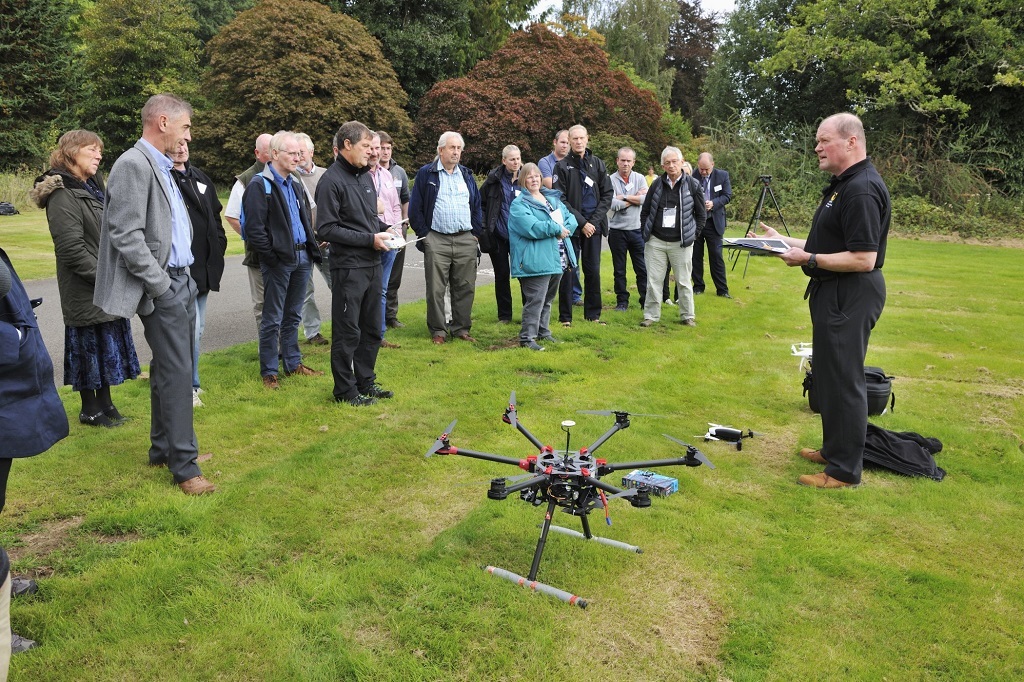
New warning for wildlife watchers with drones
Specialists have warned that those operating drones could be causing stress to Scotland’s wildlife.
Drones have become increasingly popular for taking aerial photographs and for conservation work, such as scientific surveys. But the drone could put you on the wrong side of the law, if you fly it too close to wildlife.
The Partnership for Action Against Wildlife Crime (PAW) Scotland says there are some important do’s and don’ts to avoid disturbing protected species.
Yesterday (Thursday, 30 August) at Battleby in Perthshire, Scottish Natural Heritage (SNH) staged a demonstration of the best use of drones, with experts on hand to explain how to avoid disturbing wildlife. PAW Scotland have issued advice for drone operators, with a reminder that people must have a license for photographing some particularly vulnerable birds.
The law protects the nests of wild birds from any form of damage or obstruction, including even our most common garden birds. Some birds, like the golden eagle and mammals, like dolphins and whales, are protected from disturbance at any time, not just within the breeding season.
Andy Turner, wildlife crime officer with SNH, said: ‘There have been several incidents involving drones disturbing seals at designated haul-out sites.

Attendees learn about the drone danger to wildlife (Photo: Laurie Campbell)
‘Likewise, there have been anecdotal reports of drones being used to film sea bird colonies and raptors. While the footage from drones in these circumstances can be very spectacular, the operator must be mindful of the effect on wildlife.
‘Birds of prey in particular can see drones as a threat and act aggressively towards them, causing both injury to themselves and damage to the drone.
‘We would encourage anyone wishing to film wildlife with a drone to contact SNH for advice and, if necessary, apply for a licence.’
PC Charlie Everitt, of the UK National Wildlife Crime Unit, says: ‘Wildlife crime is treated seriously by Police Scotland and can result in a criminal record for offenders.
‘Breeding wild birds, dolphins, whales and seals are all protected from harassment or disturbance by law that currently imposes fines up to £5000 or imprisonment for up to six months on those who break it. Irrespective of whether the offender is an egg collector, boat skipper or drone operator, the possible sentences are the same.
‘It is therefore essential that drone operators understand the law, research the legal status and behaviour of any wildlife they intend to film, and obtain the necessary licences to keep on the right side of the law.’
Detailed guidance on wildlife photography and licensing can be found on the PAW Scotland website HERE.
TAGS

